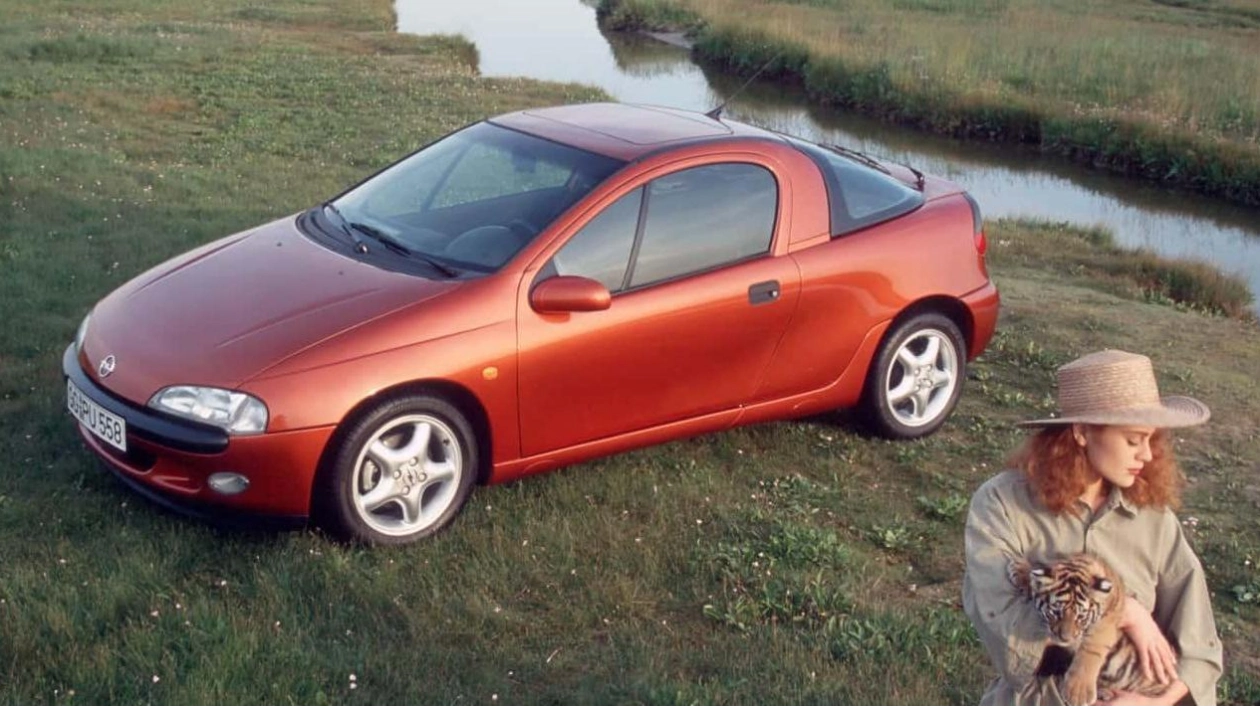Most of the cars Americans aim to import under the 25-year rule are quite predictable—kei cars, Skylines, RX-7s, and other JDM classics. None of these choices are bad, but a more exciting option is to seek out an unusual—even bad—European vehicle instead. These will be much cheaper and will definitely turn more heads as you drive by. I've had my eye on these three specific cars for import to the United States for some time, but I can't bring myself to spend the necessary funds on imported oddities from the UK and Germany. If I could, I would have done it by now. Perhaps I'll ask Santa for one.
This is likely the most mainstream 'weird' car I'd consider importing. The A2 is a neat little machine with unconventional styling, and the original version weighed just under 2,000 pounds, which is quite impressive given its size. Unfortunately, it was never very popular due to its price of around $30,000 USD adjusted for inflation. Now, they can be found for around $4,000.
The A2 was expensive because it featured an innovative space frame made almost entirely from aluminum. Thanks to this chassis and its unconventional rounded roofline, it offered a ton of interior space. This rounded roofline was a signature design element of other VW Group products during that era. The engines were nothing special, but it would make a cool base for a project. Audi recently made an electric version of the A2. Plus, it would look great parked next to my first-gen Audi TT.
This is probably a pretty miserable little car to own and drive, but I can't help but love it anyway. The first-gen Ford Ka features large plastic wheel arches and angular light fixtures that set it apart from other similarly-sized hatchbacks. Weighing under 2,000 pounds, none of its engines ever produced triple-digit horsepower. The Ka was only available as a two-door, which adds to its cool factor. And it only came with a five-speed manual transmission—the only transmission you need. A nice used Ka can be found for $3,000.
Unfortunately, it'll still be a few years before the sportier trims, like the SportKa and StreetKa, will be available to import. But I think the base model is just fine. It would be a great car to modify and abuse, and they can be had for extremely cheap.
I'll come right out and say it: This is my favorite car on the list. The name Tigra is great. 'Tiger' would've been too aggressive, but Tigra is just the sort of flamboyant silliness that works for a car like this. The first-gen Tigra looks unusual, inside and out. Like the Ka, it was only available as a two-door, but the Tigra was a slightly more upscale machine. Unlike today's vehicles, much of the exterior flair is provided by unusually shaped glass. The driver and passenger's windows have nothing close to straight edges, and the front quarter glass ahead of these windows is positively massive.
The lower edge of the windshield also sits considerably higher than the vehicle's beltline, which would be considered strange today. This treatment of the greenhouse gives the car a streamlined look, sort of like a running shoe. It also kinda looks like one of those monkeys with a big nose; the Proboscis monkey. The pièce de résistance is the rear window. It wraps cleanly around the B-pillar like a C6 Corvette. It's just cool and refractive, and pointy at the edges in a way you just don't see anymore.
The exterior surfacing, especially around the rear of the car, is excellent. The taillights come smoked from the factory—very cool, especially in 1994—and they whip out at the top along with the trunk lid like a dollop of resting cream to form a sharp rounded spoiler. The side profile is dominated by a single downward-pointing line, sort of like a dollar-store Alfa Romeo GTV, that defines the vehicle's stance. It's a wonderfully styled car, except for the headlights, which make the entire front fascia look sad.
The interior of the Tigra is just as flamboyant as the exterior, in a European economy car sort of way. The dashboard is nothing to write home about—its rounded air vents are sort of interesting—but the upholstery is extremely vibrant. The rear seats also make me laugh; They're basically just two fabric pads in a sea of plastic. Telling a passenger to get in the back translates into 'Fuck You,' and I like that. Unfortunately, there are no great pictures of the rear seats online, besides one very dark image on Wikipedia.
The Tigra is basically a fashion statement disguised as an automobile. Not enough cars do that these days. Sure, the Tigra has been eligible to import for several years. But the final model year won't be available to ship over until 2025, which is coming up fast. A cursory look at European car sales websites indicates they can be had all day long for under $4,000. If you want something weird and European, that's a small price to pay.
Source link: https://www.motor1.com






